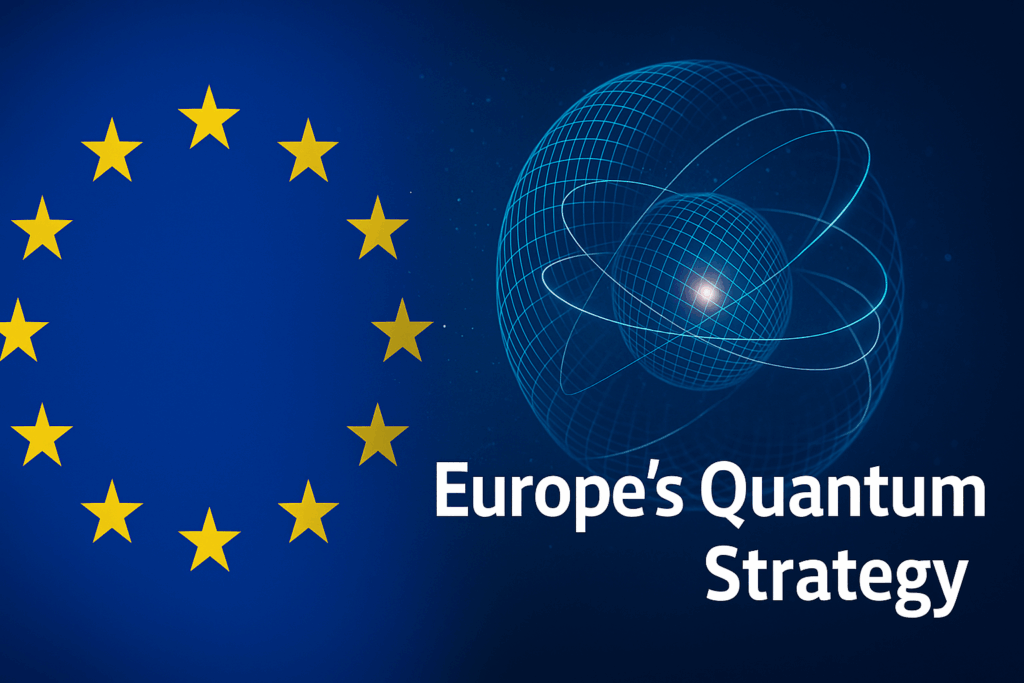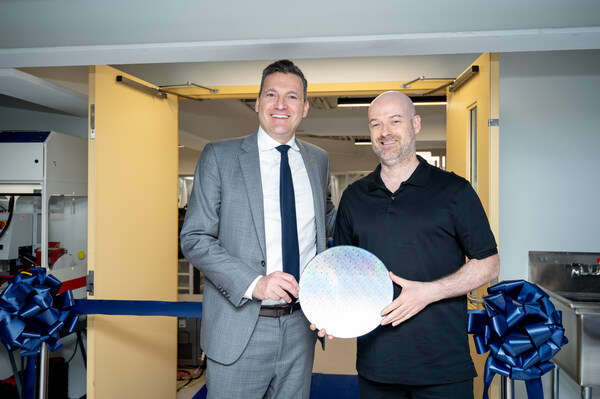Healthcare Research
In March, The Quantum Insider covered the news that the Cleveland Clinic and IBM had unveiled the world’s first quantum computer (IBM Quantum System One) dedicated to healthcare research.
Last month, at the 2023 Ohio CEO Summit, Ohio Lieutenant Governor Jon Husted had a conversation with Cleveland Clinic President & CEO, Dr. Tom Mihaljevic on quantum computing and about Cleveland Clinic’s Quantum System One.
First, Husted wanted to find out how IBM’s Quantum System One would be used to develop new drugs and treatments.
“The biggest idea for drugs and treatments is obviously we’re going to design new drugs which are essentially molecules,” said Mihaljevic, “molecules that are three dimensional that have different potential structures where we need to have a lot of computational power to design the right drug for the right patient.”

Mihaljevic continued that the idea for the future of healthcare is every person is going to have treatments that are going to be individualized to the patient as well as to the type of condition that the patient has.
Personalized Treatment
“A common example is cancer drugs,” said the Cleveland Clinic’s leader. “Every person has a different genotype. We know that we’re all different. Most cancers that attack us are also different. The combination between the host and a cancer requires different treatments for pretty much almost every subtype of cancer. To develop those different treatments at scale, that are personalized and more targeted requires computational power. And that is really one of the good examples of how quantum computing can be used to solve the problems in healthcare.”
Husted, serving as the 66th lieutenant governor of Ohio since 2019 and previously the 53rd Ohio Secretary of State, owned up by saying he was neither a physicist nor a computer scientist, but wanted Mihaljevic to help the audience (and himself) understand where quantum will be once it’s mastered.
“We’re certainly hopeful that we’re going to see some breakthroughs literally within the next ten years in healthcare,” said Mihaljevic, adding that they could be several million times faster than conventional hypercomputers, which only large corporate entities (and a few smaller players too) have at present. “We’re not speaking about the computers that we have in our pockets on desktops. The current use of hybrid computers or quantum computers is in several industries, and this is not going to be a surprise to anyone — one is in finance to provide a really fast ability to compute the changes on the market.”
Mihaljevic said many companies like Goldman Sachs “rent the time” on quantum computers to do some of their financial modelling. Another, he noted, is the defence industry for all the defence applications which are a matter of national security, because many of the quantum computers in the world are in the hands of governments. Finally, he mentioned manufacturing and particularly in new materials.
“Just as we’re speaking about the construct of the new drugs, you can apply the same things for different alloys, for different biochemical compounds, where people like to synthesize them faster, and for that, they will need the same type of computational capability as the one that we we’re just speaking about,” said Mihaljevic.
Husted then referred to how many politicians are clueless about what quantum computing is.
Complete Ignorance
“I was in a room the other day and it was full of about seventy government officials and I asked them how many of you know about quantum computing and nobody even faked that they knew — like they don’t know,” said Husted, though aware himself that quantum is a technology that’s capable of solving complex problems, and that — in the wrong hands — of harm too, with the possibility it could “make cryptology extinct”.
State Support
The subject of Ohio was next on the agenda for Husted with partnerships, innovation and research statewide, asking Mihaljevic what government needs to do to make sure it’s a good partner, realizing talent production was important.
“Despite the fact that you and I have just been speaking about technology, it’s a talent issue,” said Mihaljevic. “Just having a quantum computer is not equivalent to having your desktop or laptop where you can take a manual and you know how to use it. This is an experimental and still an extremely advanced computational technology. To maximize the use of that technology, you have to have an army of data scientists, PhDs in computational science and engineers that we have to bring here so we can really take full advantage of the infrastructure we have brought to the state of Ohio.”
Limiting the Barriers
Mihaljevic added that to help the situation, the state government could make it easier for such talented people to come to Ohio.
“We have a lot of educational programs for quantum computing and computing in general. Developing is a part of this, and this is really what IBM has brought to the table, but also for certain highly technical, you know, highly sophisticated workforce, we have to have the ability to bring them into our state from outside. They do bring benefits. So, limiting the barriers for the attraction of talent is really what we need,” said Mihaljevic.
Featured image: Ohio CEO Summit
For more market insights, check out our latest quantum computing news here.
















